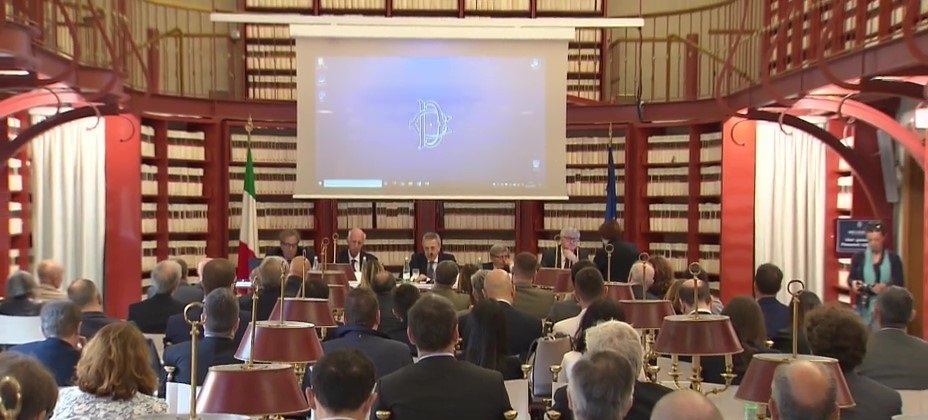The Società Italiana di Intelligence – SOCINT (Italian Intelligence Society) is a non-profit scientific association, the goal of which is to promote the culture and study of intelligence in Italy. The organization of the association is aimed at pursuing these fundamental social objectives.
Organization and inspiring principles of the association
The social aims and functioning of the Società Italiana di Intelligence are detailed in the Statute. The corporate bodies are described as follows:
- Scientific Committee
- Board of Directors
- Presidency
- Regional Sections
- Study Commissions
- Treasury
As a scientific society, SOCINT is aimed primarily at the academic community and scholars and researchers of various disciplines who make up the knowledge base of the intelligence studies in an interdisciplinary approach. As the President Mario Caligiuri states:
Intelligence is a complex subject, within which not only history, sociology, psychology converge, but also statistics, jurisprudence, economics, international relations, as well as political and information sciences, education and organization and so on. Phenomena such as the expansion of the concept of security, the technological developments, the need for forecasting and the transformation of power, the planetary emergencies of terrorism, crime and the climate change make intelligence more fundamental than ever […] Can intelligence represent a meeting point of the human sciences in the 21st century? It is a provocation, an ambition, an intention because intelligence, being based on knowledge and affecting the life of people and institutions, must develop the ability to understand the information that represents the root of individual awareness and the presupposition of democracy. It can, therefore, represent a study area which, if properly filled with content, could be destined to be increasingly important and fruitful.1
Another fundamental purpose of SOCINT is to support teaching and research on the method of selecting and processing intelligence information. The current “society of misinformation”, in fact, produces an excess of data and news that are often altered, false or misleading: teaching how to adequately filter information and the sources from which this information comes, therefore, is one of the main challenges from a pedagogical viewpoint, as well as an open frontier of scientific and technological research on the Big Data) produced by social networks and various communication channels. Intelligence, therefore, becomes a method (probably among the few, if not, in some respects, the only one) of collecting and managing information, a fundamental tool for providing useful elements for making decisions, so far used not only by national states but also by businesses.1
1 M. Caligiuri, L’intelligence nelle Università italiane. Tra studio e risorsa , website sicurezzanazionale.gov.it, January 2016.

